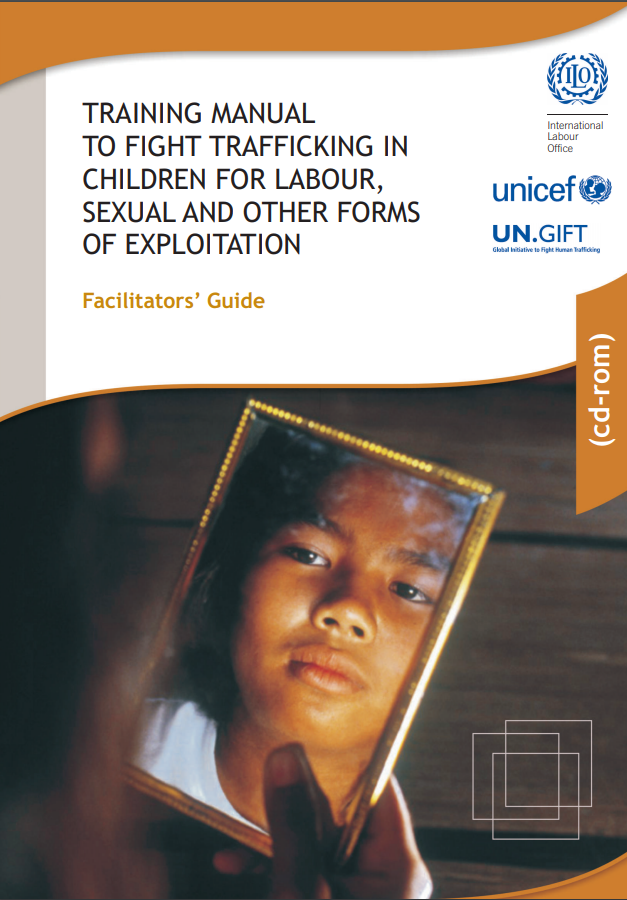Using Civil Litigation to Combat Human Trafficking : Federal Human Trafficking Civil Litigation – 2021 Data Update
PublicationsIn October 2003, Congress passed a law allowing trafficking victims to recover civil damages from their traffickers in federal courts, 18 U.S.C. § 1595, now known as the Trafficking Victims Protection Reauthorization Act (TVPRA). In the almost twent...Read More

